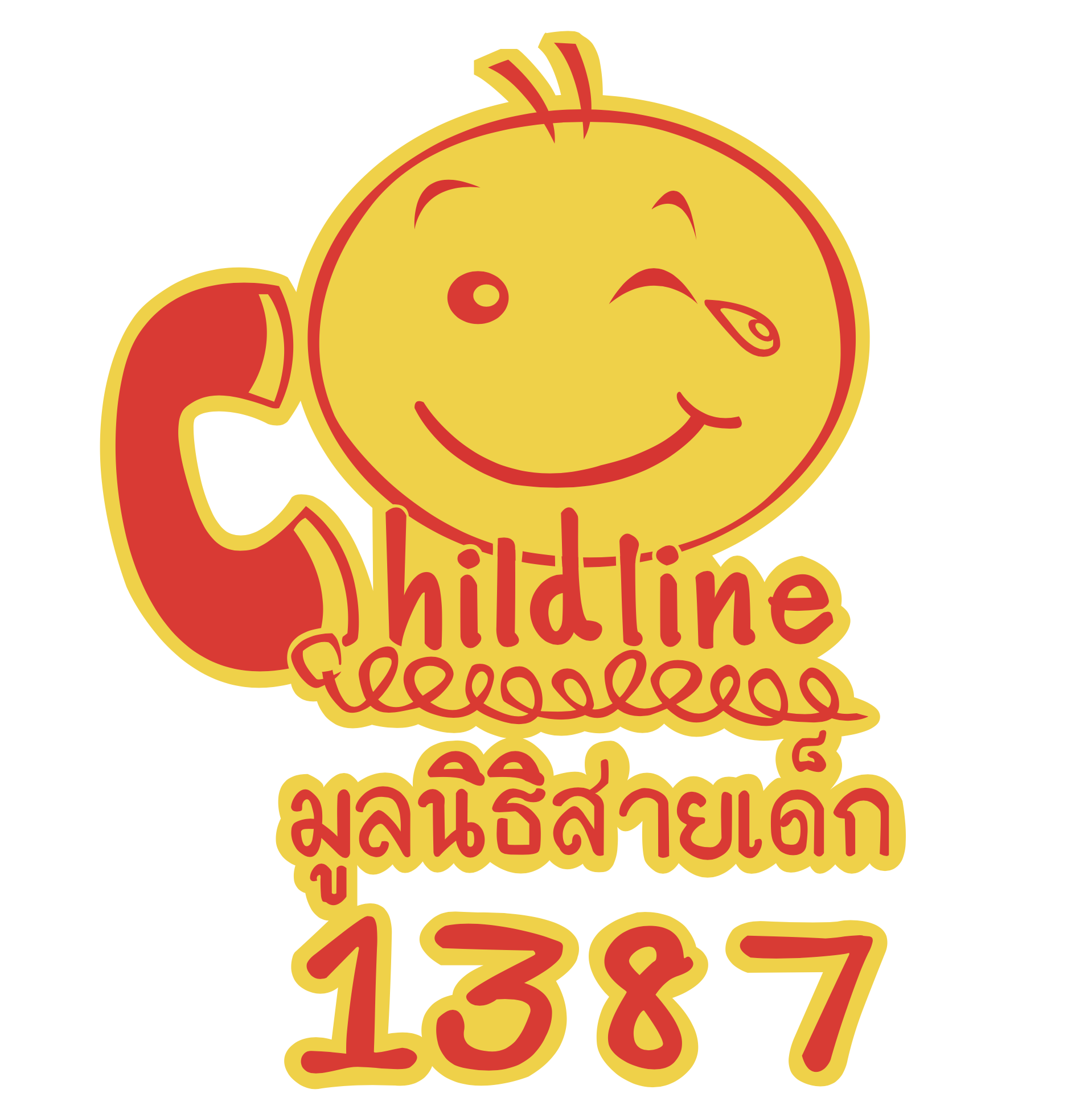EVERY CHILD HAS THE RIGHT TO LEGAL PROTECTION
เด็กทุกคนมีสิทธิได้รับความคุ้มครองตามกฎหมาย ภายใต้กฎหมายระหว่างประเทศ เด็กทุกคน รวมทั้งเด็กที่เกิดจากผู้อพยพกรณีไม่ปกติ จะต้องมีสิทธิได้รับการจดทะเบียนการเกิด แต่ในทางปฏิบัติ มีปัญหาหลายอย่างในการนำหลักเกณฑ์ดังกล่าวสู่การปฏิบัติ ทำให้เด็กอีกจำนวนมากเป็นคนไร้สัญชาติ

ARTICLE 7 OF THE CONVENTION ON THE RIGHTS OF THE CHILD STATES:
“The child shall be registered immediately after birth, and has the right to a name and nationality, and to know and be cared for by his or her parents. The State shall ensure the implementation of the rights in accordance with national law and its obligation under the relevant international instruments in the field, in particular when the child would otherwise be stateless.”
THE PICTURE IN THAILAND
“ในประเทศไทย แม้ว่าจะไม่ทราบตัวเลขจริง ๆ แต่เชื่อกันว่ามีเด็กมากกว่าหนึ่งล้านคนเกิดในแผ่นดินไทย ทั้งจากคนไทยหรือคนต่างด้าว เช่น เมียนมาร์ ลาว กัมพูชา ยังคงไม่ได้รับการจดทะเบียน เหตุผลว่าทำไมพ่อแม่จึงไม่ได้ไปจดทะเบียนการเกิดบุตรของตน เช่น ไม่ทราบถึงความสำคัญของการจดทะเบียนการเกิด ต้องเสียเวลาและค่าใช้จ่ายในการเดินทางไปจดทะเบียนเด็กเกิดใหม่ ระยะทางไกลจากสำนักงานทะเบียน มีอุปสรรคด้านกฎหมาย สังคม และวัฒนาธรรม และสำหรับผู้อพยพย้ายถิ่นส่วนใหญ่ กลัวว่าจะถูกจับได้จากการเข้าเมืองโดยผิดกฎหมาย ประเทศไทยเป็นภาคีของอนุสัญญาว่าด้วยสิทธิเด็กปี 2532 อย่างไรก็ดี ได้ระบุข้อสงวนตามอนุสัญญาดังกล่าวขณะให้สัตยาบันต่ออนุสัญญาในปี 2535
It specially imposed reservations to Article 7 and 22 of the Convention, which guarantees registration after birth and legal status of children born in Thailand of non Thai parents. Therefore, birth registration for all children is a delicate national security issue which not many dare to tackle except for The Lawyer Council of Thailand and NGOs who are working for the migrant’s rights. Even for children born from both Thai parents, the Government has adopted a laissez-faire attitude. Little is done to facilitate or ensure birth registration of each child. As a result there are still many Thai children who are also deprived of such documentation.
Childline’s work to help children gain legal status Upon receiving a call from or about a Thai child without legal status, Childline will evaluate all of the available evidential background and determine the best way to proceed. These cases usually involve a big share of lengthy bureaucratic procedures and verifications; sometimes a DNA test has to be performed. Childline closely monitors every stage of the case until a child has received a full legal recognition as a member of the society. Cases involving migrant children usually require a different approach each time and have to be evaluated on the basis of each locality and community to which a child belongs and the process is usually more difficult than for a Thai child.

